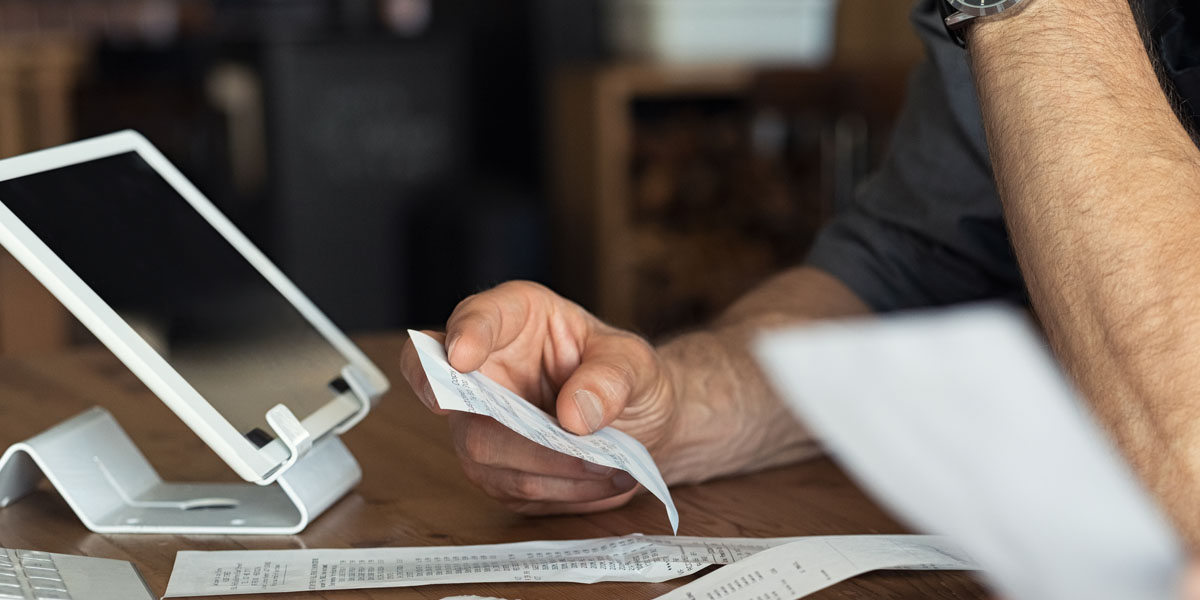Experiencing bankruptcy can be a difficult and overwhelming event, but it does not mark the end of financial success. Instead, it provides a unique opportunity to restructure personal finances and create a stable, debt-free future. Although the road to recovery requires patience, persistence, and strategic planning, individuals can regain financial health and work toward long-term security.
The Effects of Bankruptcy on Financial Health
Declaring bankruptcy can significantly impact financial stability, affecting credit scores, loan eligibility, and even employment opportunities. The record of a bankruptcy filing remains on credit reports for several years, making it harder to access financial products. However, this does not mean financial ruin is permanent. By implementing responsible money management strategies and rebuilding credit gradually, individuals can restore their financial standing and regain financial independence.
Rebuilding Credit After Bankruptcy
Recovering from bankruptcy requires a strong commitment to improving credit health. Lenders and creditors rely on credit scores to determine financial reliability, so it is crucial to establish positive credit habits.
Applying for a Secured Credit Card
One of the most effective ways to rebuild credit is by obtaining a secured credit card. These cards require a refundable security deposit, which acts as collateral and helps demonstrate responsible credit use. Making small purchases and paying off the balance in full every month can gradually improve credit scores.
Becoming a Joint Account Holder or Authorized User
An alternative option for improving creditworthiness is becoming an authorized user on a responsible person’s credit card account. When the primary cardholder maintains a good payment history, it can positively influence the credit profile of the authorized user. Additionally, co-signing for loans or lines of credit with a trusted individual may provide an opportunity to access credit while demonstrating reliability.
Paying Bills Consistently and on Time
One of the most critical factors in credit recovery is making consistent, on-time payments. Missed or late payments can further damage credit scores, so setting up automated reminders or enrolling in autopay services can ensure bills are paid promptly. Prioritizing timely payments for rent, utilities, and other recurring expenses is essential in rebuilding financial credibility.
Effective Financial Management After Bankruptcy
Developing healthy financial habits is key to avoiding future debt-related issues. Life after bankruptcy presents an opportunity to create a more structured and disciplined approach to personal finances.
Establishing a Practical Budget
A carefully planned budget is an essential tool for tracking income, expenses, and savings. Understanding spending patterns and distinguishing between necessary and discretionary expenses can prevent unnecessary financial strain. Allocating funds toward essential expenses, savings, and debt repayment ensures long-term financial stability.
Creating an Emergency Savings Fund
Unexpected financial challenges can arise at any time, making it crucial to set aside money for emergencies. While saving may be difficult initially, even small, consistent contributions to an emergency fund can help individuals avoid relying on credit cards or loans in times of financial crisis.
Being Cautious With Debt Accumulation
It is important to be selective when taking on new debt after bankruptcy. While credit is necessary for financial growth, excessive borrowing can lead to another cycle of financial distress. Instead, individuals should only take on debt they can reasonably manage and repay on time.
Finding Suitable Housing After Bankruptcy
Bankruptcy can create challenges in securing housing, as landlords and mortgage lenders often conduct credit checks before approving rental or loan applications. However, there are ways to overcome these obstacles and find stable housing.
Offering a Higher Security Deposit
Some landlords may be willing to approve rental applications from individuals with a bankruptcy history if they provide a larger security deposit. This reassures the landlord and reduces perceived financial risk.
Seeking Rentals From Private Landlords
Private landlords may be more flexible than large property management companies. Renting directly from a landlord who does not conduct strict credit checks or who considers additional factors, such as income stability and rental history, may improve housing prospects.
Exploring Homeownership Options
While securing a mortgage immediately after bankruptcy may be difficult, it is not impossible. Some lenders offer mortgage programs for individuals with past financial difficulties. Government-backed loans, such as FHA or VA loans, may have more lenient requirements for individuals who have taken steps to rebuild their financial standing.
Reestablishing Career and Business Opportunities
Financial recovery also involves improving career prospects and rebuilding professional opportunities. Bankruptcy does not define a person’s future, and there are many ways to regain professional and financial stability.
Navigating Employment Challenges
Some employers conduct credit checks as part of the hiring process, particularly for positions in finance or management. If questioned about bankruptcy, providing a well-prepared explanation of financial recovery efforts and responsible money management can reassure potential employers.
Starting a Business After Bankruptcy
Entrepreneurs who have faced financial setbacks may hesitate to start a business again, but success is still attainable. By carefully managing business expenses, seeking investors, and utilizing available financial resources wisely, individuals can launch successful ventures without repeating past financial mistakes.
Pursuing Career Advancement and Education
Increasing earning potential can significantly contribute to financial stability. Seeking additional education, certifications, or professional development opportunities can open doors to higher-paying jobs and more stable career paths.
Emotional and Psychological Recovery
Beyond the financial aspects, life after bankruptcy requires emotional resilience. The stress of financial difficulties can take a toll on mental health, but adopting a positive mindset and seeking support can make the transition easier.
Seeking Professional Financial Advice
Consulting financial advisors or credit counselors can provide valuable guidance on managing money, setting goals, and making informed financial decisions. Their expertise can help individuals avoid financial pitfalls and create a strong financial plan.
Connecting With Support Networks
Joining financial recovery groups or online forums can provide encouragement and motivation. Sharing experiences and learning from others who have successfully rebuilt their finances can make the journey feel less isolating.
Practicing Self-Care and Stress Management
Financial stress can impact overall well-being, making it important to prioritize self-care. Engaging in physical activities, practicing mindfulness, and maintaining a balanced lifestyle can improve emotional resilience and promote a positive outlook on financial recovery.
Building a Secure Future
Overcoming bankruptcy is not just about fixing past mistakes—it’s about creating a sustainable, secure future. Developing strong financial habits, making informed decisions, and staying committed to responsible money management can pave the way for long-term success.
A strong financial future begins with taking control of one’s finances, learning from past experiences, and embracing the opportunity to start fresh. With the right approach, life after bankruptcy can be a stepping stone to greater financial independence and stability, proving that financial setbacks do not define an individual’s future.

